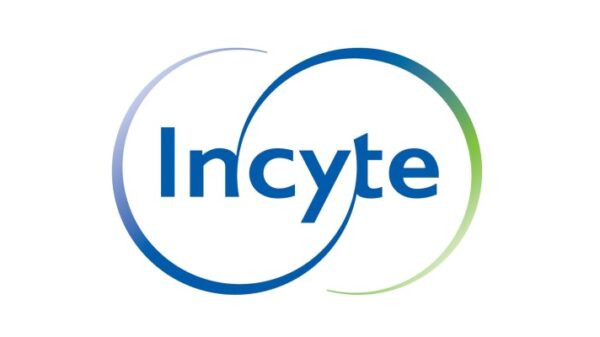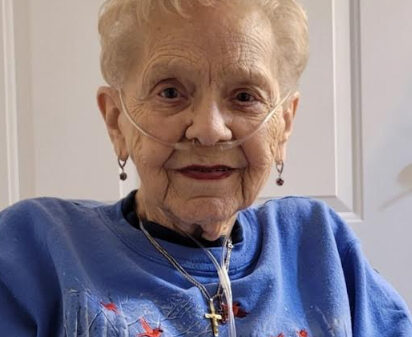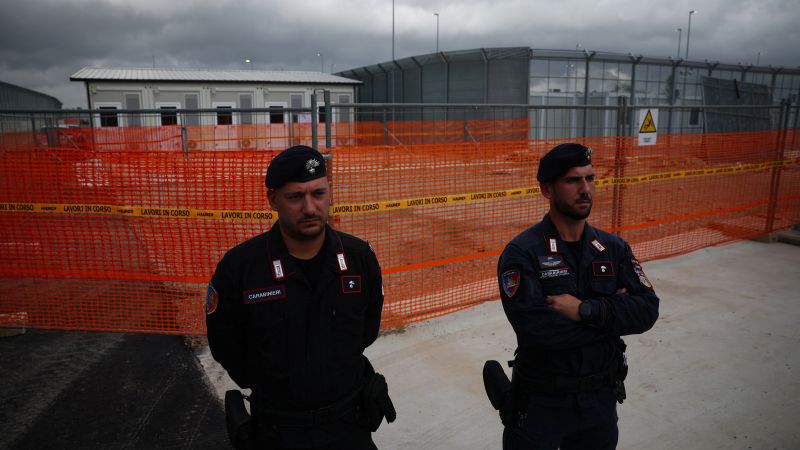European countries aiming to replicate Italy’s contentious strategy of sending certain asylum seekers to offshore centers have encountered a significant hurdle. On March 15, 2024, the European Court of Justice (ECJ) determined that while Italy may continue utilizing its centers located in the Albanian cities of Shengjin and Gjader, a more rigorous examination is required to ensure that asylum seekers are not returned to perilous conditions in their home countries.
The court emphasized that a country can only be considered “safe” if it has undergone “effective judicial review.” Furthermore, the ruling stipulates that a country must be demonstrably safe for all its inhabitants, including vulnerable and marginalized groups. This decision is poised to have a profound impact on the new EU asylum regulations, set to be implemented in June 2024. These regulations aim to enable member states to compile their own lists of “safe” countries to streamline and outsource the asylum process.
Currently, the EU’s list serves as a reference and includes nations such as Bangladesh, Colombia, Egypt, India, Kosovo, Morocco, and Tunisia. Human rights advocates, however, argue that these countries may not provide safety for everyone. According to a statement from Amnesty International in July 2023, the EU’s criteria deem certain countries safe based on the percentage of applicants granted international protection. The organization noted that if up to 20% of applicants from these nations are recognized as refugees, it suggests that these places are, in fact, unsafe for many.
The ECJ’s ruling originated from the cases of two Bangladeshi asylum seekers who were in detention in Albania and contended that returning to Bangladesh posed a threat to their safety. Several European nations have shown interest in establishing their own deportation schemes modeled after the Italian-Albanian partnership. This initiative, which involves a multi-million-euro investment in detention centers and “return hubs” in a non-EU nation, has been perceived as a potential template for success.
However, a recent study conducted by the University of Bari revealed that the Italian scheme has thus far cost the country over €74.2 million (approximately $86 million). The study described it as “the most costly, inhumane, and useless instrument in the history of Italian migration policies.”
Despite the criticism, European Commission President Ursula von der Leyen and former European Council President Charles Michel praised Italy’s landmark agreement in 2023. In May 2024, the EU launched a set of reforms aimed at improving its approach to migration and asylum, particularly concerning individuals from so-called “safe” countries. Dubbed “fair but firm,” the agreement outlines extensive reforms intended to alleviate the burden on nations that have historically absorbed the largest number of asylum seekers among the EU’s 27 member states.
The ramifications of the ECJ ruling on the future establishment of detention hubs remain uncertain. Italy’s far-right Prime Minister Giorgia Meloni criticized the court’s decision, asserting that it undermines efforts to tackle mass illegal immigration and secure national borders. She expressed concern that it diminishes the already limited ability of governments and parliaments to manage migration effectively.
As the situation evolves, the lives of nearly a dozen individuals held in Italy’s detention centers in Albania hang in the balance. These individuals, originating from countries classified as safe, including Egypt and Bangladesh, may face uncertain futures as the implications of the ECJ ruling unfold.






































































